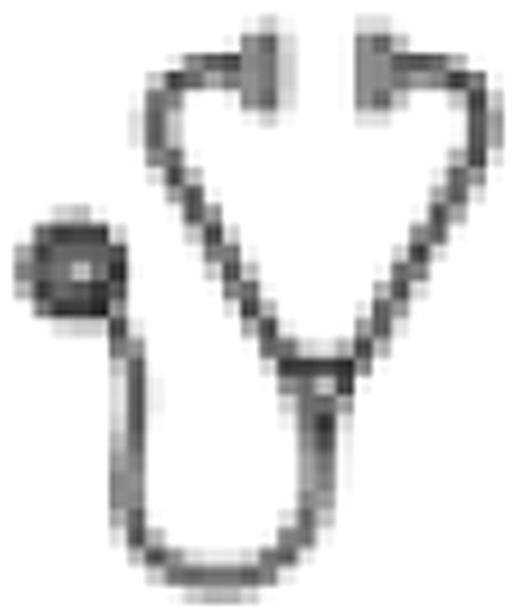Abstract
Abstract 3305
Patients with breast carcinoma who received Radio and/or chemotherapy, have an increased risk for developing therapy-related myelodysplastic syndromes/acute myeloid leukemia (1-5%). Such secondary AMLs have often poor prognosis when treated with conventional chemotherapy.
This retrospective series assessed the outcome of 29 female patients who were reported to the Societe Francaise de Greffe de Moelle et de Therapie Cellulaire Registry, and who were treated with allo-SCT for secondary MDS/AML developing after initial therapy for breast cancer. The median age of patients at time of breast cancer treatment was 51 (range, 31-62) years. The median age at time of allo-SCT was 53 (range 31-63) years. Diagnosis included 21 AML and 8 MDS. Cytogenetics: four patients had CBF abnormalities, 10 had 11q23 abnormalities, 5 had an intermediate caryotype and 3 had unfavourable one. At time of allo-SCT, 21 patients were in complete remission (CR), while 8 had a refractory/relapsed disease. PBSCs were used as stem cell source in 18 patients, while 9 patients received classical bone marrow and one patient received an unrelated umbilical cord blood. Patients received a median of 5.2 ×10e6/Kg CD34+ cells. A matched related donor was used in 23 cases (82%) and an unrelated donor in 5 cases (18%). Conditioning regimen was myeloablative (Cy-TBI or Bu-Cy) in 7 cases (24%) and reduced-intensity in 22 cases (76%). Twenty four patients engrafted with a median time of 18 (range, 9-32) days for ANC>500/μL. Seven (24%) patients experienced grade 2-4 acute GVHD. Also, 7 patients (24%) experienced chronic GVHD (5 extensive and 2 limited).
With a median follow-up of 24 (range, 3-129) months, 16 patients (55%) were still alive. Disease progression accounted for 6 deaths while transplant related causes (infection n=4, GVHD n=1, MOF n=1, cardiac failure n=1) occurred in 7 cases. The Kaplan-Meier estimates of overall and disease-free survival at 2 years were at 54 and 38% respectively.
These results highlight the poor outcome of secondary leukemia occurring after therapy for breast cancer, even with the use of allo-SCT. Innovative maintenance approaches such as early use of hypomethylating or immunomodulatory agents after allo-SCT aiming to decrease the relapse are warranted.
No relevant conflicts of interest to declare.

This icon denotes an abstract that is clinically relevant.
Author notes
Asterisk with author names denotes non-ASH members.

This feature is available to Subscribers Only
Sign In or Create an Account Close Modal